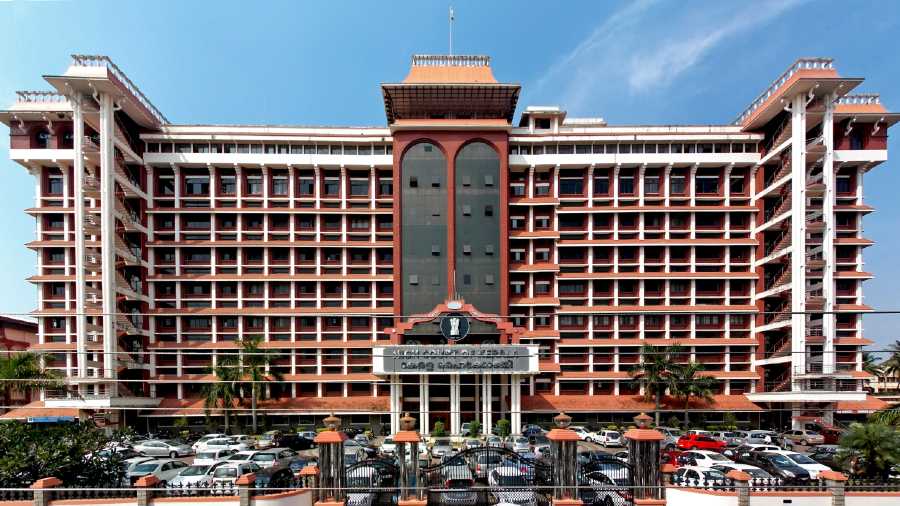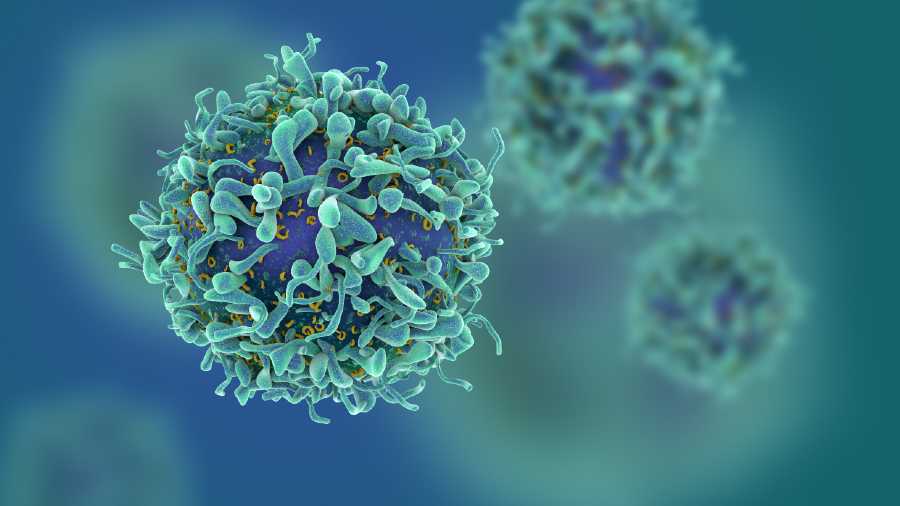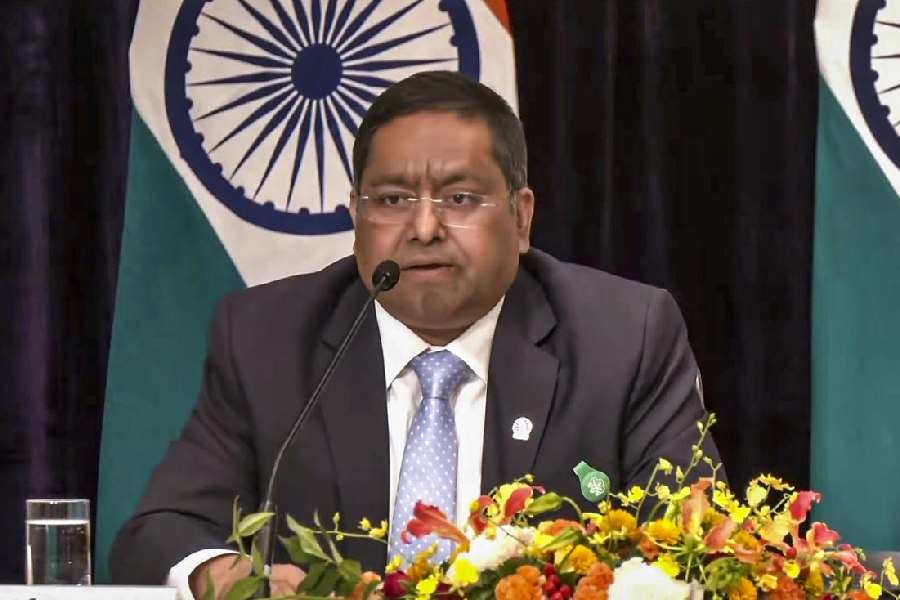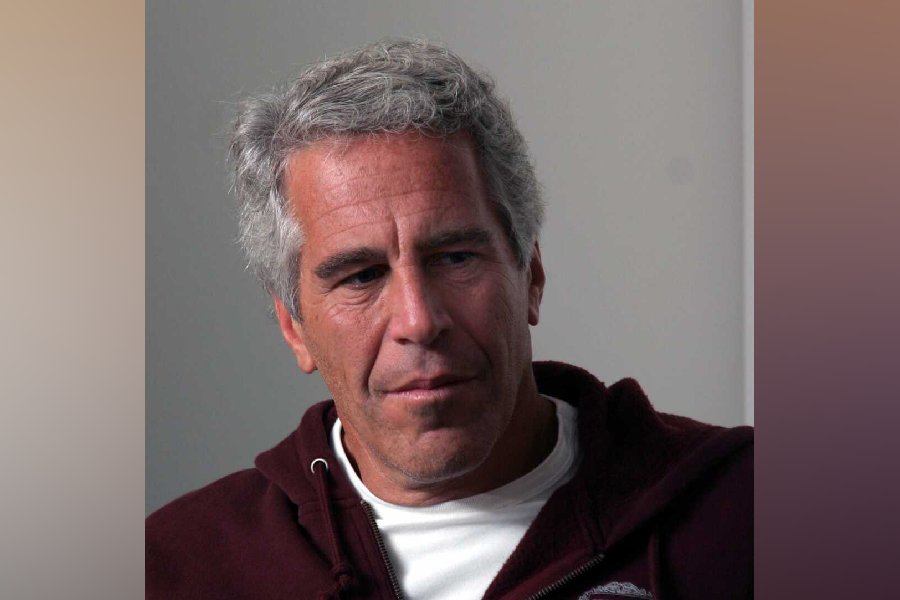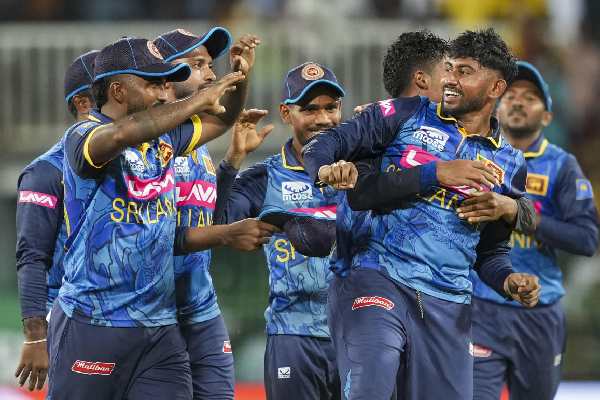Kerala High Court has asked the central government to intervene and help lower the cost of a patented medicine called ribociclib that a breast cancer patient has said currently eats up 78 per cent of her monthly household income.
The court, responding to the patient’s petition that complained about the high cost of the medicine, has directed central authorities to “pass a reasoned order”, taking into account the right to life under the Constitution and the state’s duty to improve public health.
The petitioner — a retired bank employee — had approached the court seeking government action to issue a “compulsory licence” on ribociclib, a drug developed and marketed by Novartis, the Swiss-US multinational. A compulsory licence — a provision available under Indian patent rules — would allow generic drug makers to produce the medicine, introduce competition, and lower costs.
The patient, who was diagnosed with HER2-negative breast cancer in July 2021, told the court that she and her husband were retired bank employees and their total monthly income was Rs 74,400. The monthly costs of medicines prescribed for her are around Rs 58,000 for ribociclib and Rs 5,000 for two other anti-cancer medicines. She is also taking blood pressure drugs that cost Rs 5,000 a month.
“The patent monopoly on ribociclib results in lack of competition and unaffordable price,” the petition said.
“This unaffordable price directly affects the right to health, a fundamental right under Article 21 of the Constitution,” it said, citing the Centre’s inaction and seeking the court’s help.
Patients’ rights advocates campaigning for affordable medicines said the petition was the first from a breast cancer patient seeking judicial intervention to nudge the government to help lower the cost of an anti-cancer medicine.
Novartis spokespersons were not immediately available for comments on the petition. But sections of the pharmaceutical industry had earlier asserted that the prices of innovation-driven drugs were high because of the high costs of research and development.
The petition said the Centre had not taken any steps towards a compulsory licence even though the patient had submitted a representation to the Union health ministry, the department of pharmaceuticals, the department for promotion of industry and internal trade, and other government arms in January this year.
The Kerala High Court judge, Justice V.G. Arun, said the issue projected through the petition required “serious consideration” amid statistics that indicated that an alarming number of women died of breast cancer as they were unable to afford expensive treatment.
“The right to life guaranteed under the Constitution, coupled with the State’s duty to improve public health, call for emergent and effective action in the matter,” he said in an interim directive asking the department for promotion of industry and internal trade to pass a reasoned order after consultation with other authorities.
The next hearing has been scheduled for July 18.
The petition has said there is an “enormous” underuse of ribociclib in India, citing data submitted by the company to central authorities that indicate that 230 patients received the medicine in 2019, followed by 690 patients in 2020 and 1,080 in 2021.
National cancer statistics suggest that around 110,000 patients needed ribociclib in 2018, it said.
“The petition argues that because the right to life is at stake, the government has no option or discretion but to invoke the compulsory licence,” said Kappoori M. Gopakumar, a legal researcher in New Delhi tracking issues relating to access to medicines.
“This case could set a precedent that could apply to other patented medicines too,” he said.
The petition has cited a compulsory licence issued by India’s patents office in 2012 on sorafenib tosylate — a drug used to treat end-stage lung cancer — that resulted in generic versions available at Rs 8,800 per month compared with $5,000 (Rs 3.95 lakh) per month.

